Objective
Determine the degree of coupling between upland land-use decision making/practices and environmental quality of waters accessed at wells and cenotes (sink holes) in the “Chicken Pocks” region of the Yucatan where much of the agriculture is located.
Why is this project relevant?
- Land use decisions have environmental consequences, sometimes poorly understood.
- In karst systems with shallow aquifers (minimal soil buffering), water quality will be most sensitive to land use practices.
- Some water quality consequences are deleterious (even lethal) to humans, and to natural and domesticated living resources.
Scientific Significance
This research will increase understanding of physical-chemical-biological coupling in karst systems overlain by agricultural activities (pig farms / citrus plantations / etc.)
Broader Impacts
-Internationalization (USA, Mexico)
-Cross-training of students (engineering, biology and ecology, computational biology)
–Training of professionals (secondary education teachers)?
-Women in STEM?
Bi-national Target Problems
Hamilton Pool in Texas and the cenotes of the Yucatan are both popular tourist attractions dependent on groundwater from karst aquifers.
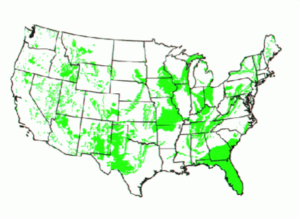
Karst regions in the U.S.
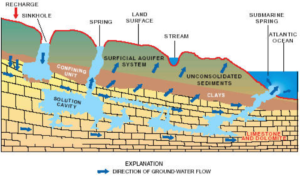
Generalization of karst landscapes in the Yucatan.
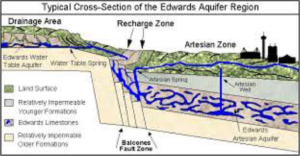
Diagram of the karst landscape near San Antonio, Texas.
Anticipated Products
- Assessment of land use practices (agricultural / municipal) linkages to groundwater contaminants
- Measurement of localized subterranean water flow (direction, magnitude, timing and periodicity)
- Assessment of contaminant transformations during transport along the fresh water flow path
- Assessment of relationships between physicochemical conditions and microbial and algal biodiversity with a focus on contaminant loading effects
- Determination of whether water quality in groundwater affects the decision of water use for agriculture or human consumption

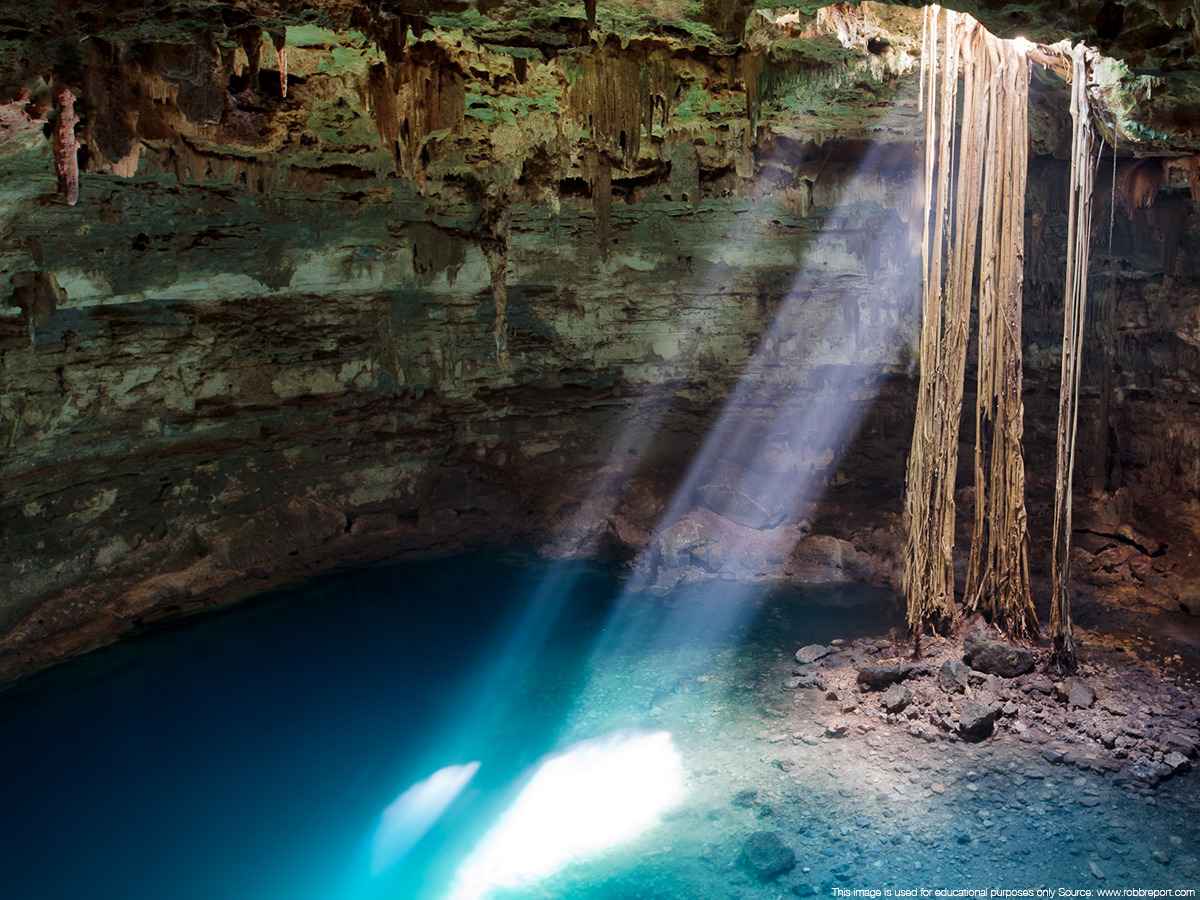
 Dr. Bill Fox
Dr. Bill Fox Dr. Cecilia Hernandez Zepeda
Dr. Cecilia Hernandez Zepeda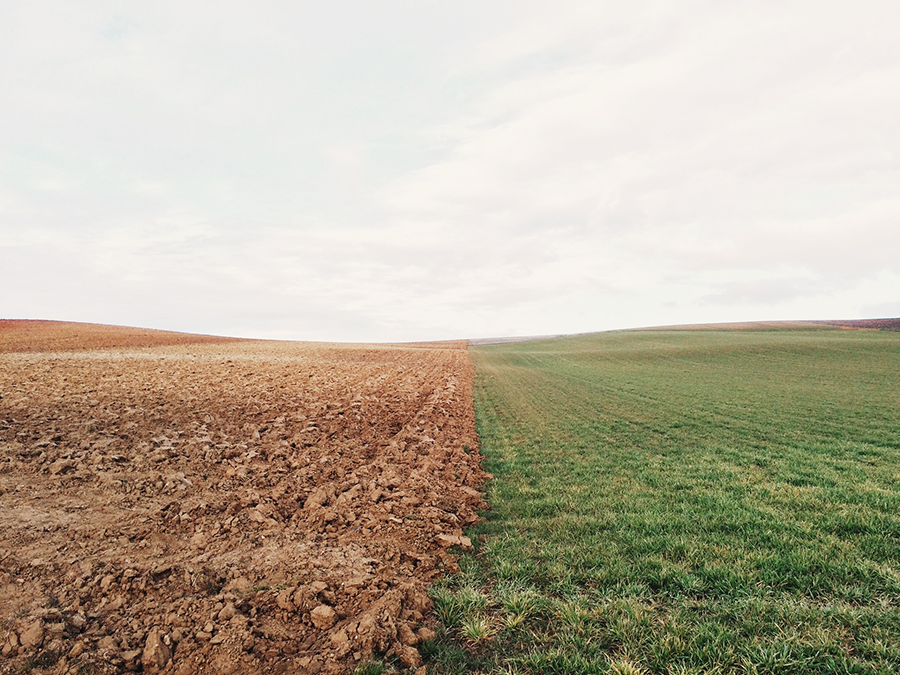
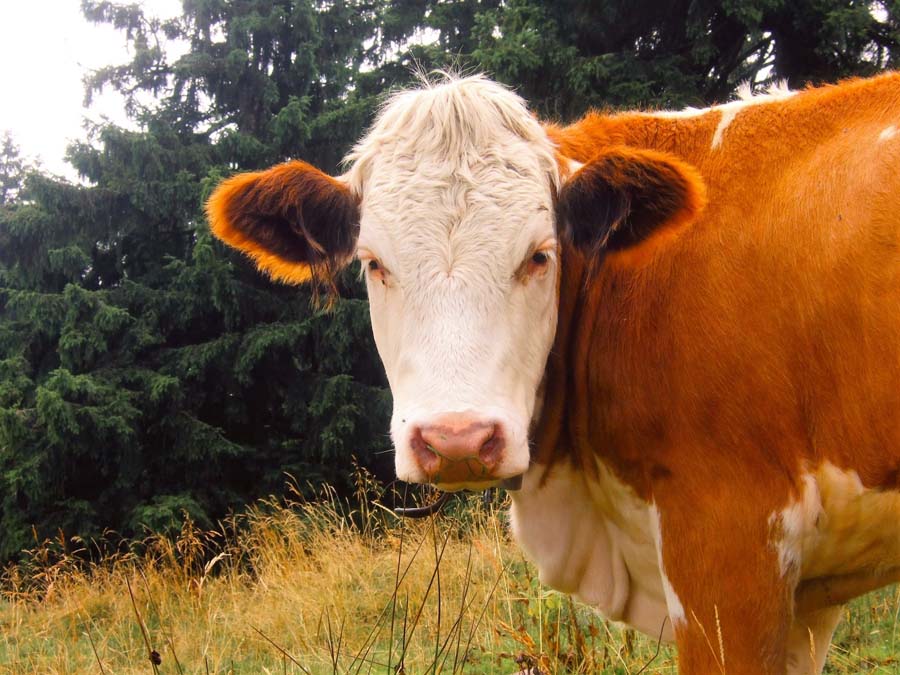
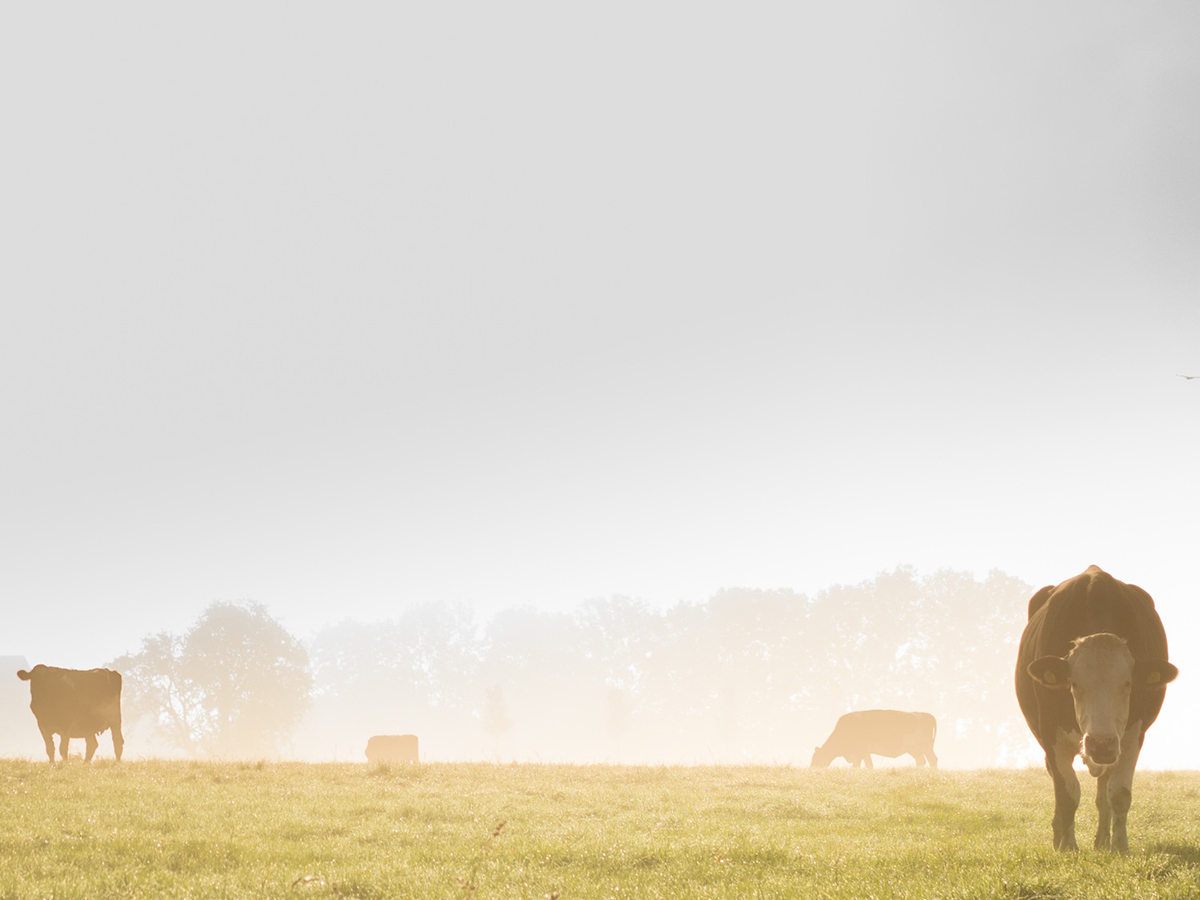
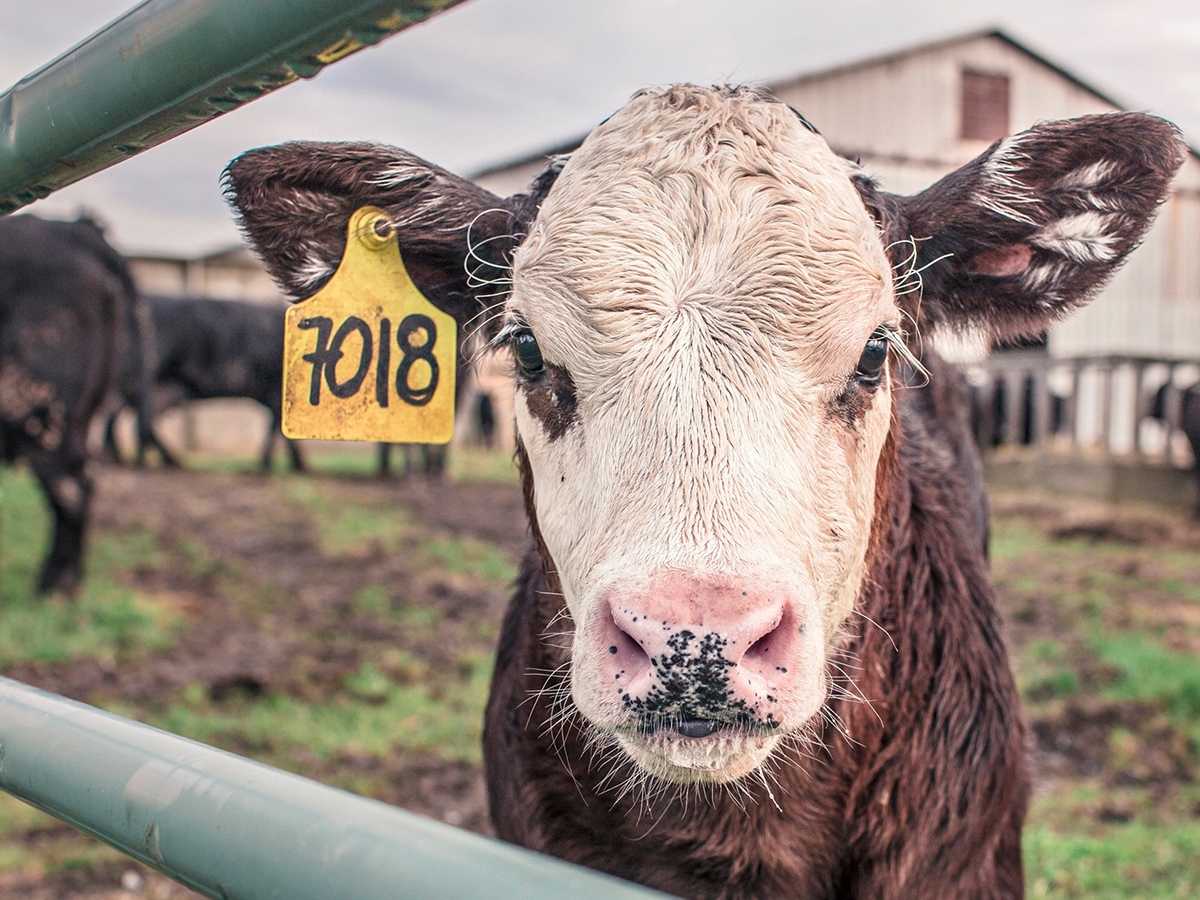

Follow Us